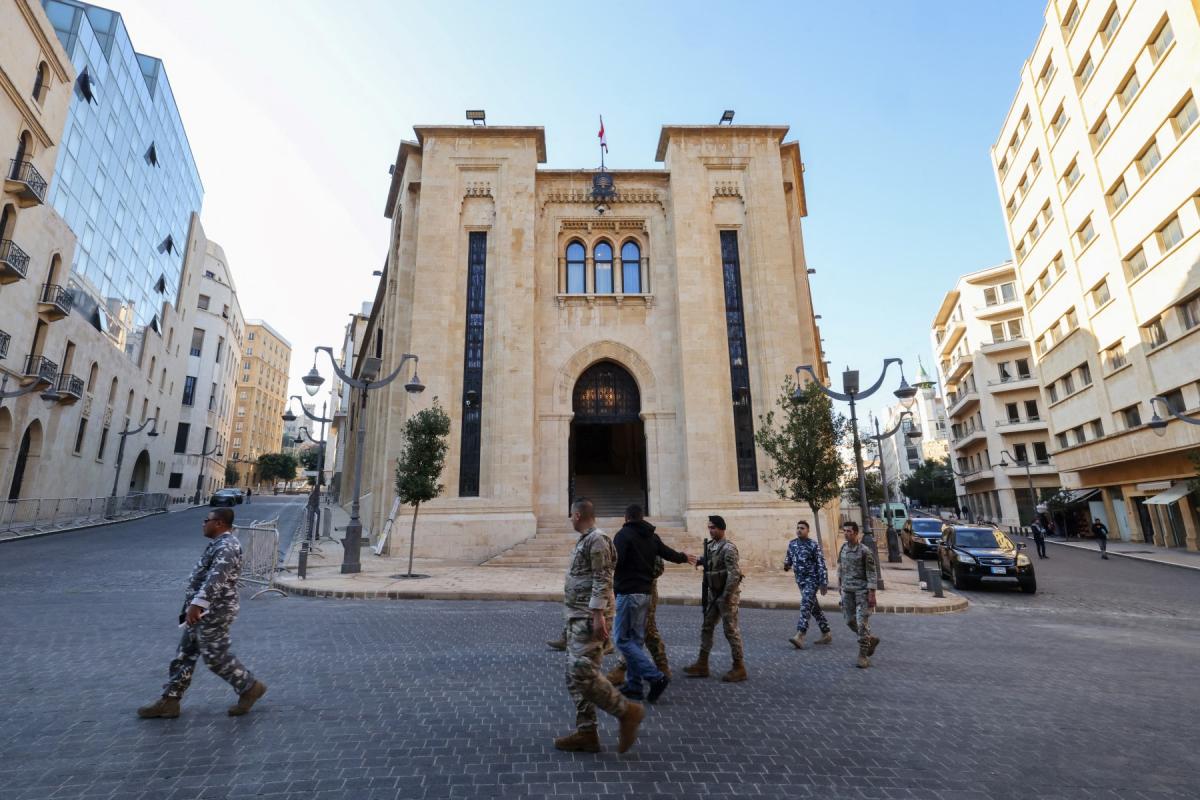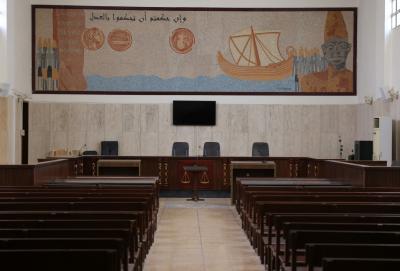The concept of “administrative decentralization” often sparks debate in Lebanon, accompanied by fears that it could be tinted with federalism. Clarifying its meaning has therefore become a national necessity.
Defining Administrative Decentralization
The OECD defines decentralization as “the transfer of administrative responsibilities from the central government to lower levels of government, such as local or regional authorities, while maintaining state unity.” In other words, it is the delegation of implementing policies and services to local administrations without granting them political independence.
The World Bank’s definition goes further, describing decentralization as the devolution of tax collection, administrative, and even political functions to lower tiers of government. The mechanisms, however, differ depending on each country’s political and economic context.
In Lebanon, the most relevant definition lies in paragraph “Z” of the preamble to the Lebanese constitution: “Balanced development—cultural, social, and economic—is a fundamental pillar of national unity and political stability.” The Taif Agreement enshrined this principle, framing it as a cornerstone of national integration—achievable only by empowering citizens and communities to manage their daily affairs.
Prime Minister Nawaf Salam recently reaffirmed this point at a development conference in Aley, stressing that administrative decentralization is both a constitutional and reformist obligation. Expanded decentralization, he argued, strengthens rather than weakens the state. He rejected any attempt to distort it into federalism or reduce it to a narrow administrative delegation, warning that Lebanon has already “delayed too long in implementing the Taif Agreement and its reforms, and in extending state authority across its entire territory.” For Salam, putting decentralization into practice requires the state to reclaim its central role in local development through balanced growth and legislative reform. “Sustainable development,” he added, “is not a choice—it is a national necessity and the pathway to achieving the United Nations’ Sustainable Development Goals.”
Federalism vs. Administrative Decentralization
Federalism is based on a union of regions or states that enjoy near-complete autonomy over internal affairs, each with its own legislative, executive, and judicial institutions, and even a local constitution—while foreign policy and defense remain federal responsibilities. Administrative decentralization, by contrast, does not grant such sovereignty. Local units remain subject to the supervision of the central government and operate within a unified administrative framework.
Why Lebanon Needs Decentralization
For Lebanon, decentralization is no longer a partisan demand but a national necessity dictated by the country’s multiple crises, foremost its economic collapse. Its strength lies in enhancing administrative efficiency and ensuring balanced, sustainable development that respects the unique needs of each region.
Decentralization serves citizens directly, while creating new openings for investment and growth. It can empower local economies, stimulate production, and support innovative financing models. By identifying sectors with high export potential and improving market-access strategies, decentralization fosters rural entrepreneurship, strengthens export-oriented hubs, and integrates them into regional and global markets.
In this process, municipalities play a central role by supporting local industries that reflect their communities’ resources and needs. At the same time, the Central Bank must design data-driven monetary policies that strengthen local economic models, enable productive sectors, and expand financing opportunities through development funds. Private-sector involvement in regional projects is crucial, as is support for start-ups driven by innovation and young and female talent—especially in light of Lebanon’s accelerating youth migration.
Here, Banque du Liban faces a heavy responsibility: creating favorable monetary policies, easing financing for small, medium, and rural businesses, and encouraging citizens to re-engage in economic activity. Lebanese banks, for their part, could explore hybrid financing schemes that bridge the public and private sectors.
Stability as a Prerequisite
Security and stability remain essential conditions for any decentralized model to succeed. Without them, Lebanon cannot attract private capital into development projects or ensure true financial decentralization. Equally important is embedding social justice into decentralization policies, making it a cornerstone of local autonomy within a unified national vision—anchored in the constitution, far removed from federalism and the anxieties it raises.
** Lebanese writer, director, and producer.
Please post your comments on:
[email protected]
 Politics
Politics













